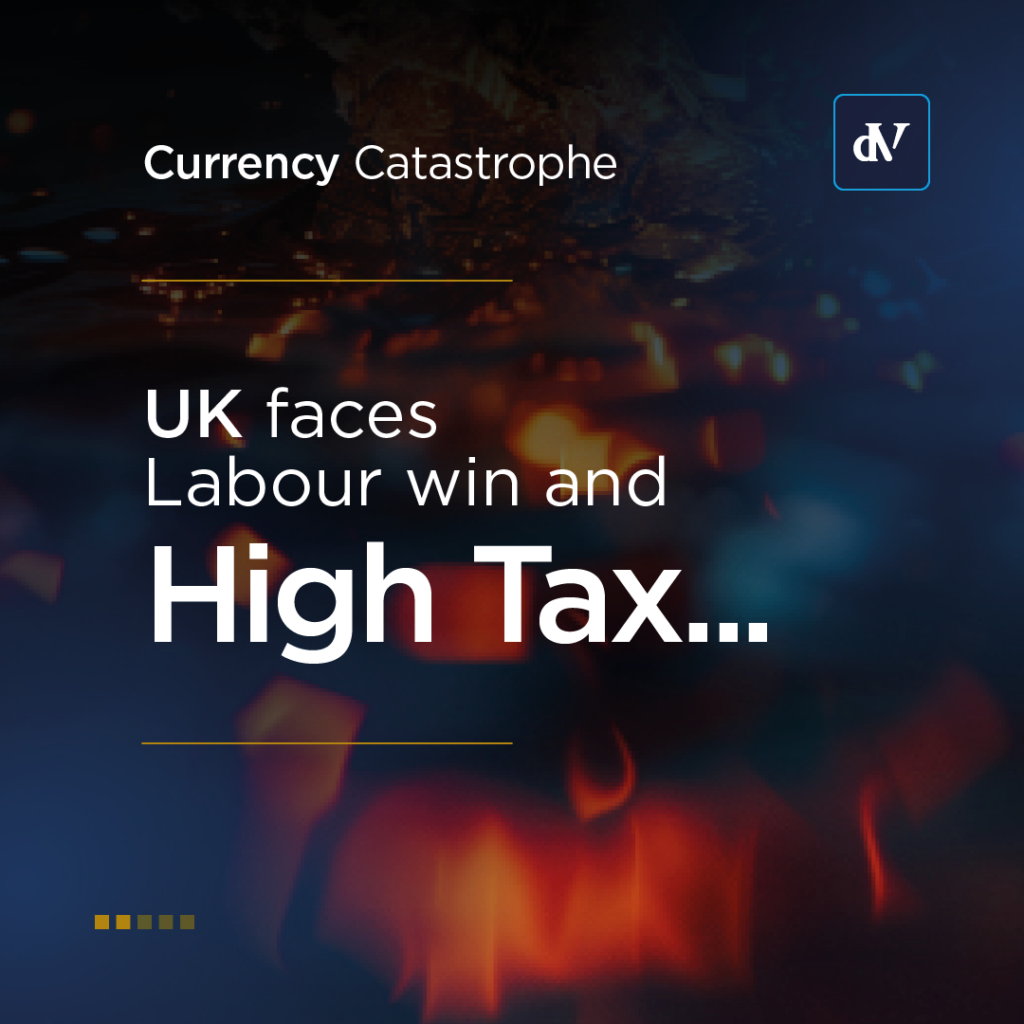|
Getting your Trinity Audio player ready...
|
China’s rapid economic growth sees it poised to overtake the United States as the world’s largest economy by 2035. The rise of China, coupled with the prospect of a geopolitical realignment, has left some to speculate that the Chinese yuan could replace the US dollar as the world’s reserve currency.
What is a reserve currency?
A reserve currency is a foreign currency held by central banks in their foreign exchange reserves. In 2022, 59 per cent of all central bank foreign exchange reserves were made up of US dollars. Central banks hold the dollar because of its stability, and because most trade is carried out with the dollar – forming a symbiotic relationship.
Why is the US dollar the world’s reserve currency?
The US dollar became the world’s reserve currency in 1945 with the introduction of the Bretton Woods system. The US, which then controlled two-thirds of the world’s gold reserves, introduced a new gold standard fixed to the dollar.
The Bretton Woods Accords saw countries guarantee their ability to convert domestic currencies into dollars within 1 per cent of fixed rates – killing off the British pound sterling as the principal reserve currency.
Is the US dollar losing its power?
Although 59 per cent of all foreign currencies held by central banks in 2022 were US dollars, this represents the lowest percentage in 25 years. Data from the International Monetary Fund shows a sharp decline in holdings of the dollar since 1999, when the currency comprised 71 per cent of foreign reserves.
Many analysts expect foreign reserves to continue to move away from the dollar, particularly in light of a geopolitical realignment around Russia, which saw some countries spooked when the US froze Russia’s $600 billion reserve following the invasion of Ukraine.
According to data from the Federal Reserve, which manages US monetary policy, most trade is still transacted in US dollars. Between 1999 and 2019, trade in dollars accounted for 96 per cent of trade across the Americas, and 74 per cent in the Asia Pacific region.
Though the Fed remains bullish about the dollar’s continued strength in the near term, it has issued warnings over its long-term prospects. In a 2021 report, it cautioned that China’s emergence as the world’s largest economy by the 2030s, and the value of the Asian country’s exports could pose a challenge to the dominance of the dollar.
Is the yuan going to replace the dollar as a reserve currency?
As reported by the Economist, China’s political leaders are working to boost the profile of the yuan as a reserve currency. Some analysts believe that this could be achieved on the strength of China’s exports and the size of its economy.
The Renminbi Liquidity Arrangement, a deal between The People’s Bank of China – China’s central bank – and five other nations was a significant boost for the yuan. It’s one of many such deals China is securing, with a view to increasing the supply of yuan held in foreign reserves. The RLA deal sees each signatory to the agreement contribute a minimum of 15 billion yuan to their reserve holdings.
The fallout from Ukraine has seen an improvement in Russo-Sino relations, with Russia now holding the yuan as a de facto reserve currency, with the Chinese money now comprising 17 per cent of Russian reserves.
A 2022 study authored by five economists noted that the yuan comprises just 3 per cent of reserve currency portfolios, but identified a direct link between countries that trade with China and their holdings of yuan. Not going so far as to forecast the yuan could usurp the dollar, the study outlined how the Chinese currency could go on to play a more important role:
“In order to overtake the dollar as a leading international and reserve currency, China will have to further liberalise its capital account. But with the help of import financing, debt payments, payment infrastructures, currency swap lines, and offshore markets, the RMB can still gain a more important role.”
However, other analysts are more upbeat about the yuan’s prospects. Economist Nouriel Roubini, who has earned the nickname Dr Doom for his downbeat predictions, has said that the yuan is set to end US dollar dominance.
Writing for the Financial Times, Roubini predicted that our unipolar world – where events revolve around the United States – will give way to a bipolar world, with China as the other axis. He said that financial sanctions imposed by the US and restrictions on inward investment could hobble the American currency.
Citing the fact that Saudi Arabia now trades some oil in yuan, Roubini said: “It is not farfetched to think that Beijing could offer the Saudis and other Gulf Co-operation Council petrostates the ability to trade oil in RMB and to hold a greater share of their reserves in the Chinese currency.”
Other analysts have landed on the significance of this trade, going so far as to contemplate the emergence of a petroyuan. Amongst them is Viktor Katona, a lead crude analyst at Kpler, who believes Russia’s strengthened relationship with China will see more and more oil traded in yuan. He went so far as to describe Russia as “an Asian nation that, in my opinion, has introduced the yuan into large-scale oil trade.”
Do analysts think the dollar is going down?
The dollar has taken a hit recently, continuing a slow long-term decline which has been observed since the 1990s. As Bloomberg reports, this is not helped by the fact that the yuan is now the most traded currency in Russia – which will have ramifications for the petrodollar and the US dollar more widely.
However, voices who project that the dollar will be overtaken by the yuan remain on the fringe for now. The general consensus is that while we will see a shift in the balance of power between the yuan and the dollar, it will not be decisive.
While the decline of the dollar may be inevitable in the long term, as the 20th-century economist John Maynard Keynes once joked, in the long term, we’re all dead.




